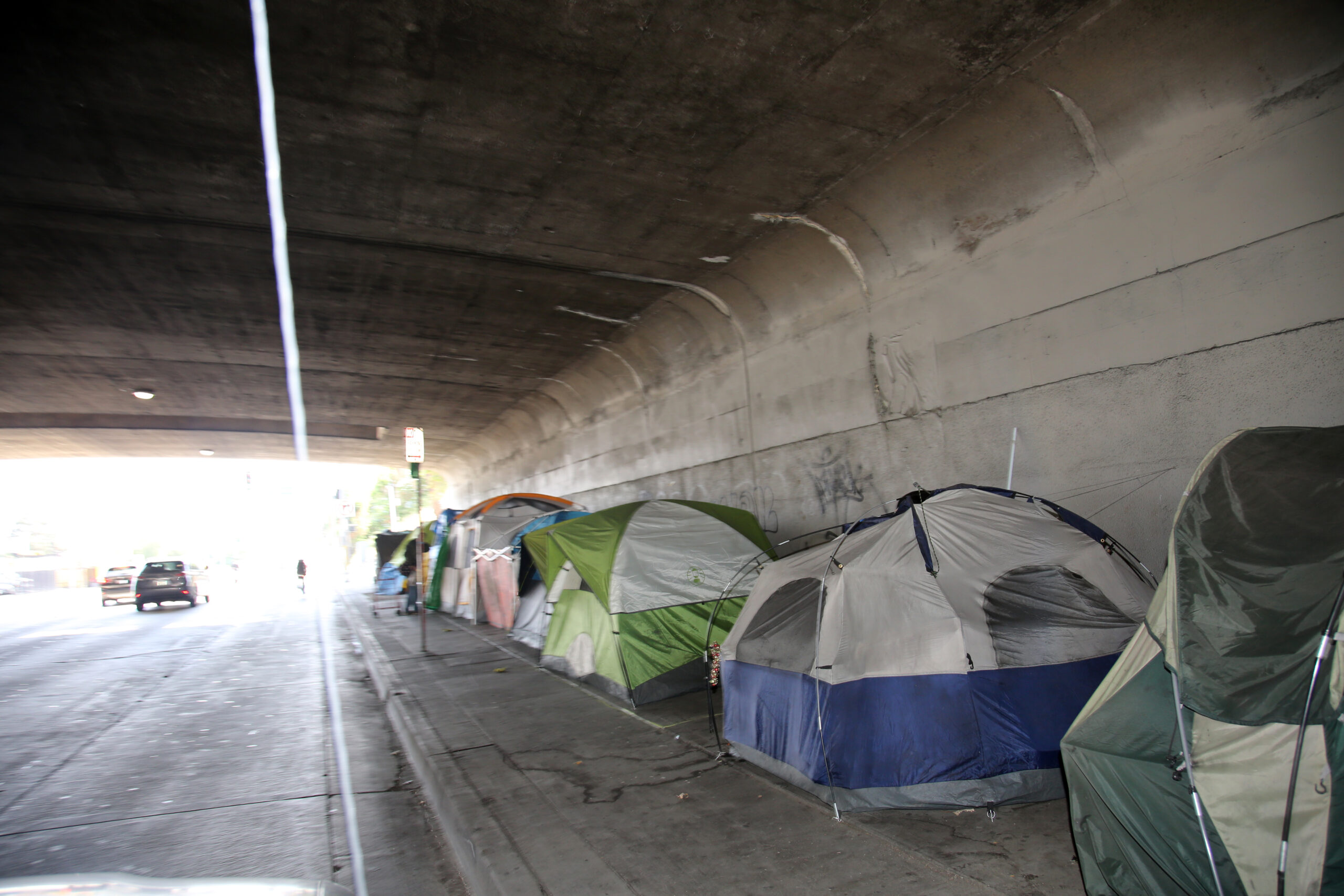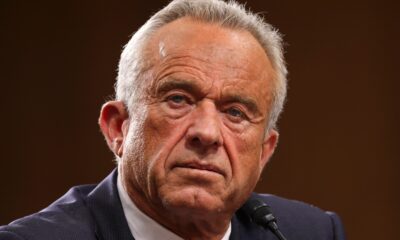California Teachers Union Demands Homeless Camps In School Lots

As tensions between Fresno Unified School District and its teachers mount, a rather unconventional demand has emerged from the fray. The Fresno Teachers Association, one of the largest teachers’ unions in California, has proposed allowing the homeless to use high school parking lots for shelter. This proposal has raised eyebrows and highlights the ever-increasing influence of teachers’ unions in matters outside of education.
The Fresno Teachers Association, encouraged by its power and position, has earmarked a whopping $500,000 for “paid security” to oversee these proposed homeless encampments. It’s intriguing to note this call for “societal things,” as termed by union president Manuel Bonilla, comes as the union is hurtling toward a potential strike due to unresolved contractual demands.
Across America, teachers’ unions are amplifying their socio-political clout. From the neighboring Oakland Unified School District teachers demanding reparations for black students to Portland educators seeking subsidized housing for poor students, the trend seems clear. Once primarily focused on classroom and staff issues, teachers’ unions are now becoming pivotal players in broader societal topics.
The challenge, however, is that while some districts, like Oakland, have acceded to these unconventional requests, Fresno remains steadfast. Superintendent Robert Nelson pointedly expressed that operating parking lots for the homeless wasn’t the district’s “area of expertise.”
With a looming union vote on October 18, the community is bracing for a possible strike that would follow shortly after students returned to school in August. The scars of the coronavirus pandemic, which relegated Californian students to home-based learning for most of the 2020-21 academic year, are still fresh. Another disruption is the last thing students need.
District spokeswoman Nikki Henry captured the sentiment concisely, stating that students “cannot afford another school closure after the pandemic.”
Yet, the union’s proposal list doesn’t stop with parking lots. They’ve also proposed free laundry services for district families, 24-hour access to mental health services, and free weekend yoga and meditation classes. While all well-intentioned, one must ask if these are areas a school district should allocate resources to, especially considering the potential financial strain.
The district counters this list with a proposal of its own: increasing the average teacher salary to an impressive $100,000. Superintendent Nelson, cautious about the district’s financial trajectory, declared he wouldn’t make decisions jeopardizing its fiscal future.
Fresno Unified’s history with teacher compensation is at the heart of these negotiations. Bonilla claimed the district has been “defunding teachers” for a decade, asserting that a lesser portion of the district’s budget is now allocated to teacher salaries. However, the district offers a counter-narrative, pointing out that staff salary increments have surpassed inflation rates.
As both parties remain entrenched in their positions, the looming strike’s primary victims — over 70,000 students — wait anxiously. The district’s pledge to employ emergency substitute teachers, even at a steep daily rate of $500 each, showcases their commitment to keeping the education machinery running.
























